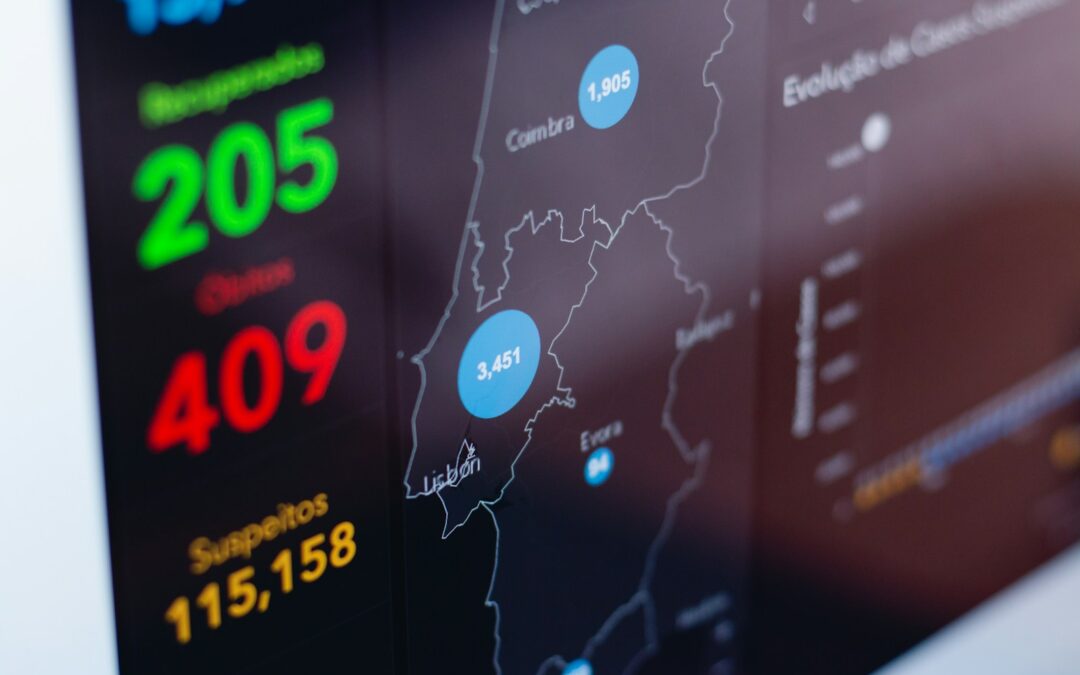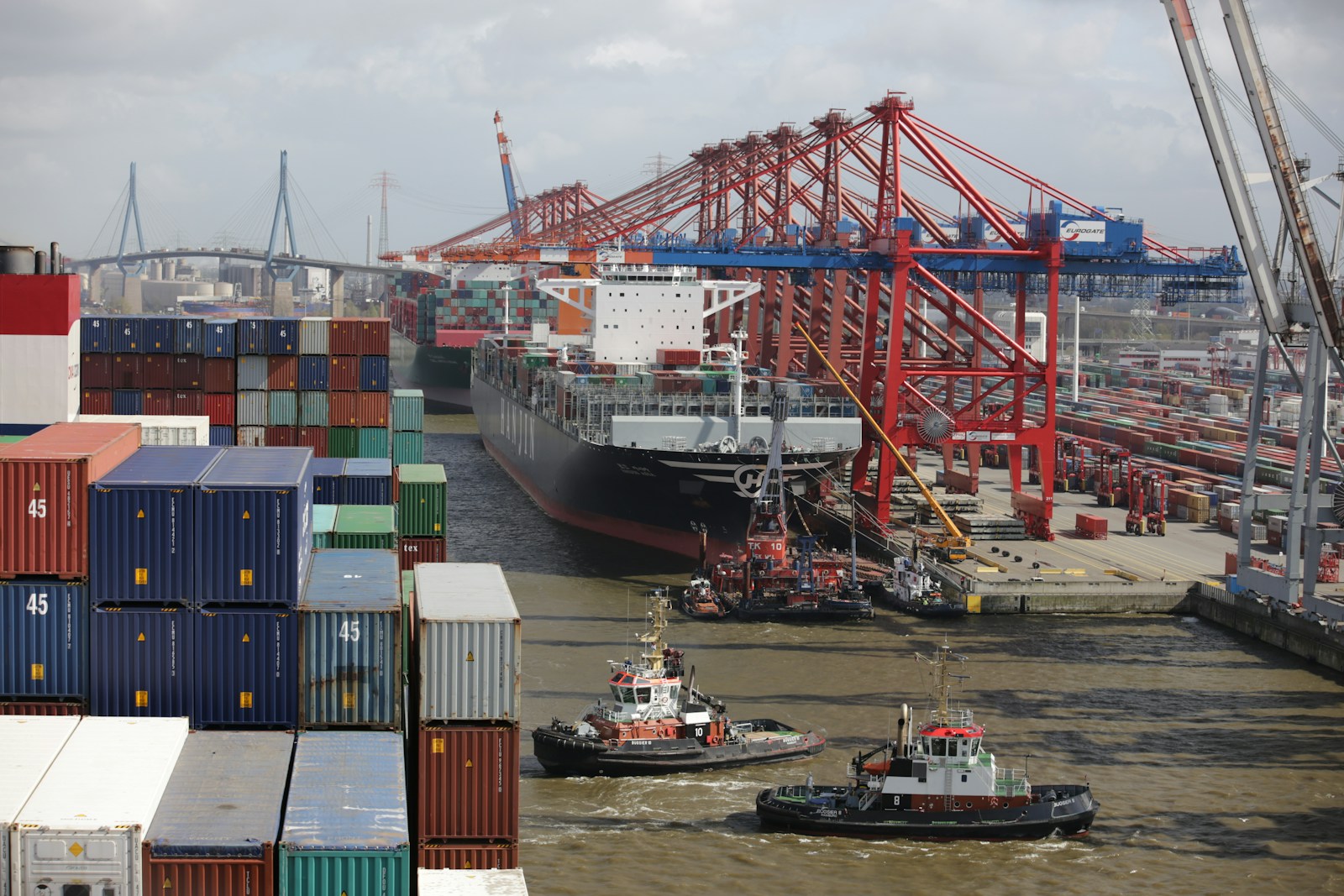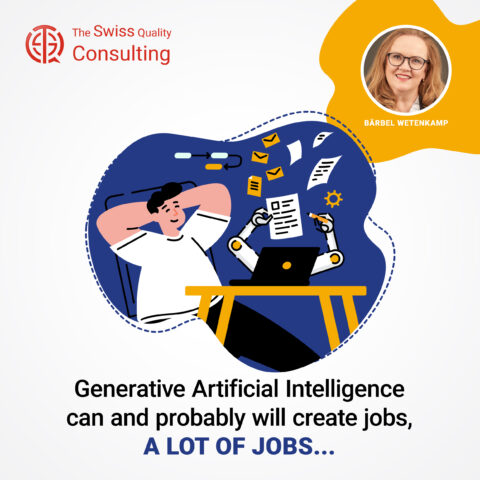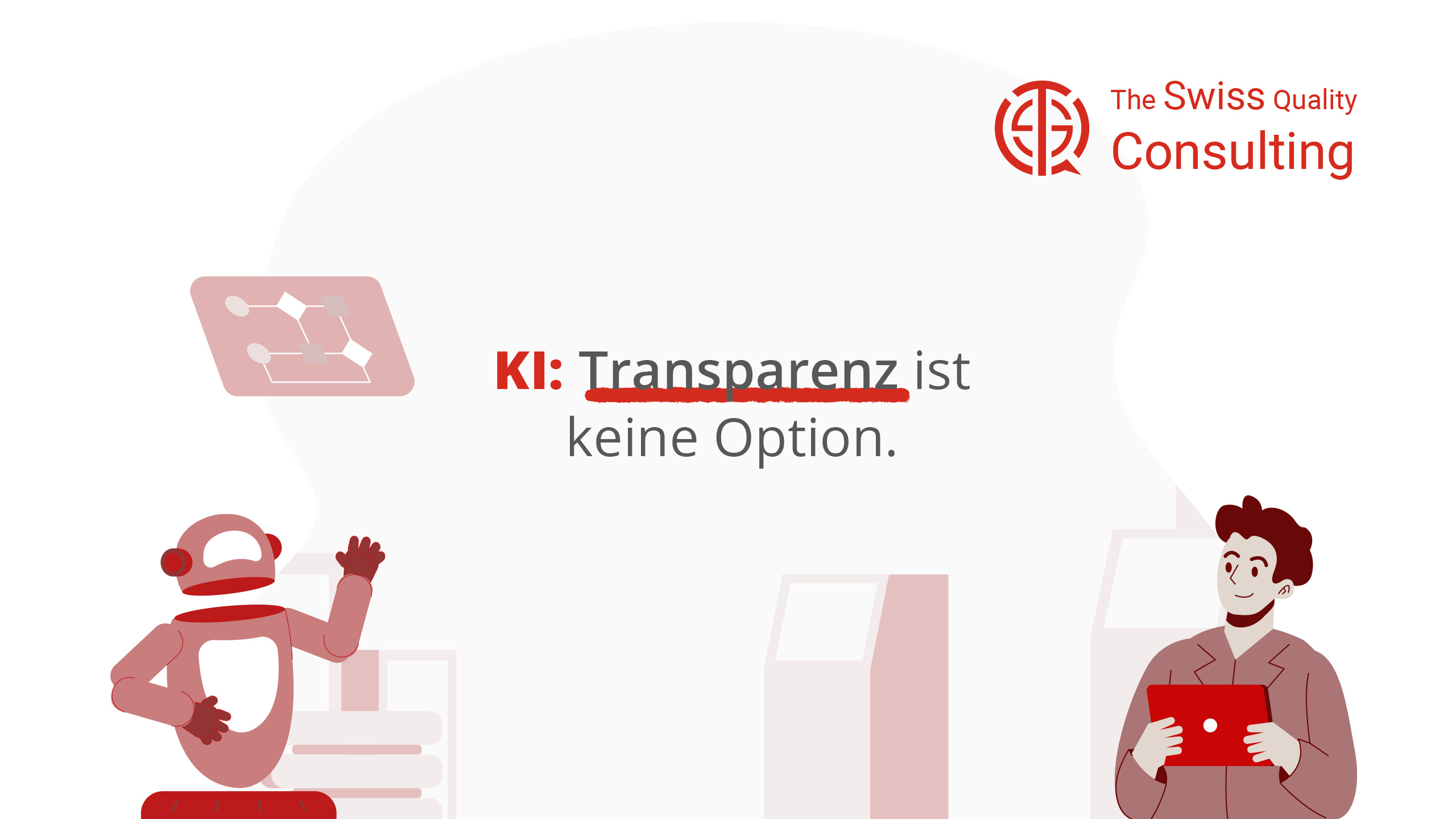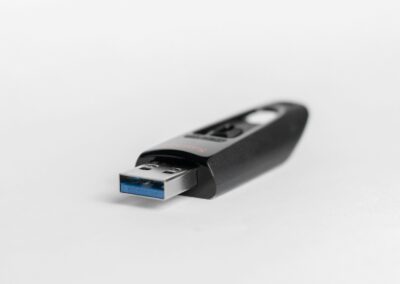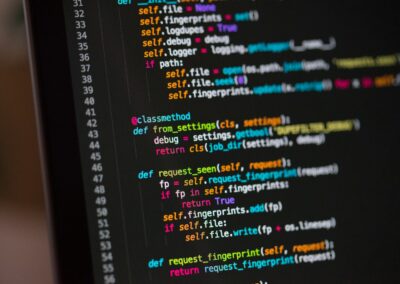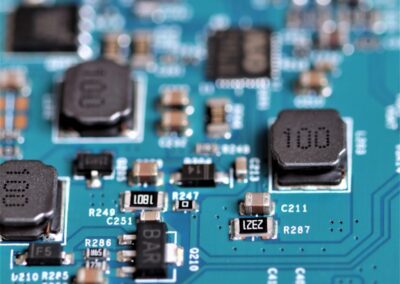Understanding the Complexity of Data Aggregation and Filtering in IoT
Managing High Volume and Variety of Data
One of the most significant challenges faced by businesses and smart cities is the challenge of data aggregation and filtering in IoT. This issue is particularly pronounced in regions like Saudi Arabia and the UAE, where cities such as Riyadh and Dubai are at the forefront of adopting advanced IoT solutions. The sheer volume and variety of data generated by numerous connected devices present a formidable task for effective data management.
IoT ecosystems encompass a diverse array of devices, from sensors and actuators to smart appliances and industrial machinery, each producing vast amounts of data in different formats and protocols. Managing this data deluge requires sophisticated data aggregation techniques that can seamlessly collect and unify data from multiple sources. Traditional data aggregation methods often fall short due to their inability to handle heterogeneous data types and large-scale deployments effectively.
Modern solutions like cloud-based data lakes and advanced data integration platforms offer a way forward. These technologies provide scalable infrastructure and powerful tools for aggregating data from diverse IoT devices. By leveraging cloud computing, organizations can store and process large volumes of data efficiently, ensuring that data aggregation does not become a bottleneck. Additionally, employing data integration platforms that support various IoT protocols and standards can enhance interoperability, enabling seamless data flow across different devices and systems.
Ensuring Real-Time Data Processing and Analysis
Another critical aspect of the challenge of data aggregation and filtering in IoT is ensuring real-time data processing and analysis. In smart cities like Riyadh and Dubai, where IoT applications are used for traffic management, energy distribution, and public safety, the ability to process and analyze data in real-time is essential for making informed decisions and responding swiftly to dynamic situations.
Real-time data processing requires robust infrastructure and advanced analytics capabilities. Edge computing has emerged as a powerful solution to address these needs. By processing data at or near the source of data generation, edge computing reduces latency and bandwidth usage, enabling real-time insights and actions. In Dubai’s smart transportation systems, for instance, edge computing allows for instantaneous analysis of traffic data, facilitating real-time traffic control and congestion management.
Furthermore, integrating machine learning (ML) and artificial intelligence (AI) algorithms into IoT systems can enhance real-time data analysis. ML models can be trained to identify patterns and anomalies in data streams, providing predictive insights and automated responses. For example, in Saudi Arabia’s smart grid projects, ML algorithms can predict energy demand and optimize distribution in real-time, improving grid stability and efficiency.
Maintaining Data Quality and Integrity
Maintaining data quality and integrity is another significant challenge of data aggregation and filtering in IoT. IoT devices often operate in diverse and sometimes harsh environments, leading to data inconsistencies, errors, and noise. Inaccurate or corrupted data can compromise the effectiveness of IoT applications, resulting in poor decision-making and operational inefficiencies.
To address these issues, organizations must implement robust data filtering and validation mechanisms. Data filtering involves removing noise and irrelevant data points to focus on valuable information. Advanced filtering techniques, such as statistical outlier detection and signal processing, can help identify and eliminate erroneous data. In Riyadh’s smart healthcare systems, for example, accurate filtering ensures that health monitoring devices provide reliable patient data, supporting timely and accurate medical interventions.
Data validation techniques, including checksums, redundancy, and cross-referencing with multiple data sources, further enhance data integrity. Implementing these measures ensures that data remains consistent and accurate throughout its lifecycle. Additionally, employing blockchain technology can provide an immutable and transparent ledger for IoT data, enhancing trust and traceability. In Dubai’s blockchain-based smart contracts for supply chain management, blockchain ensures data integrity by preventing unauthorized modifications and enabling verifiable audit trails.
Modern Solutions for Effective Data Aggregation and Filtering
Cloud Computing and Data Lakes
Cloud computing and data lakes offer modern solutions to the challenges of data aggregation and filtering in IoT. Cloud-based platforms provide scalable storage and processing capabilities, allowing organizations to manage large volumes of IoT data efficiently. Data lakes, in particular, enable the storage of raw, unstructured data from various sources in a centralized repository, facilitating easy access and integration.
In the UAE’s smart city initiatives, cloud computing plays a pivotal role in aggregating data from numerous IoT devices deployed across urban infrastructure. By centralizing data in the cloud, city administrators can perform comprehensive data analysis, gaining insights into traffic patterns, energy usage, and environmental conditions. Cloud-based analytics tools also offer powerful data filtering and visualization capabilities, enabling real-time monitoring and decision-making.
Moreover, hybrid cloud solutions that combine on-premises and cloud resources provide additional flexibility and security. Sensitive data can be processed and stored locally, while less critical data can be offloaded to the cloud, optimizing resource utilization and cost efficiency. This approach is particularly beneficial in sectors such as healthcare and finance, where data privacy and regulatory compliance are paramount.
Edge Computing for Real-Time Insights
Edge computing addresses the need for real-time data processing by bringing computational power closer to the data source. This decentralized approach reduces the latency associated with transmitting data to centralized servers and enhances the responsiveness of IoT applications. In Saudi Arabia’s smart grid projects, edge computing enables real-time monitoring and control of energy distribution, improving grid reliability and efficiency.
Edge devices equipped with powerful processors and AI capabilities can perform data aggregation, filtering, and analysis at the network’s edge. This local processing not only speeds up decision-making but also reduces the amount of data that needs to be transmitted to central systems, conserving bandwidth and lowering operational costs. For instance, in Dubai’s smart buildings, edge computing facilitates real-time monitoring of energy consumption, allowing for immediate adjustments to optimize efficiency.
Furthermore, edge computing enhances data security by minimizing data transmission over potentially insecure networks. By processing data locally, sensitive information remains within the local environment, reducing the risk of data breaches and unauthorized access. This is particularly important in critical infrastructure applications, where data security is paramount.
Machine Learning and AI for Advanced Data Filtering
Machine learning (ML) and artificial intelligence (AI) are transforming the way organizations address the challenges of data aggregation and filtering in IoT. ML algorithms can be trained to recognize patterns and anomalies in data streams, enabling automated data filtering and predictive analytics. By continuously learning from new data, ML models can adapt to changing conditions and improve their accuracy over time.
In the UAE’s industrial IoT applications, ML-powered predictive maintenance systems analyze sensor data to identify signs of equipment failure before they occur. This proactive approach reduces downtime and maintenance costs, enhancing operational efficiency. Similarly, AI-driven data filtering techniques can automatically identify and remove irrelevant or noisy data, ensuring that decision-makers have access to high-quality information.
AI-powered analytics platforms also offer advanced visualization and reporting capabilities, enabling users to gain actionable insights from complex IoT data. In Riyadh’s smart transportation systems, AI algorithms analyze traffic data to optimize traffic light timings and reduce congestion, improving overall mobility and reducing travel times. By leveraging ML and AI, organizations can unlock the full potential of IoT data, driving innovation and business success.
In conclusion, while the challenges of data aggregation and filtering in IoT are significant, modern solutions such as cloud computing, edge computing, and AI-driven analytics offer effective strategies to overcome these obstacles. By adopting these technologies, organizations in Saudi Arabia, the UAE, and beyond can enhance the efficiency, scalability, and security of their IoT deployments, driving innovation and business success in the digital age.
—
#ChallengesOfDataAggregationAndFilteringInIoT #IoTDataManagement #RealTimeIoTSolutions #IoTChallenges #SaudiArabia #UAE #Riyadh #Dubai #ModernTechnology

